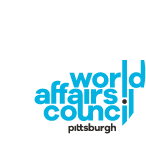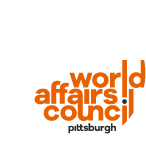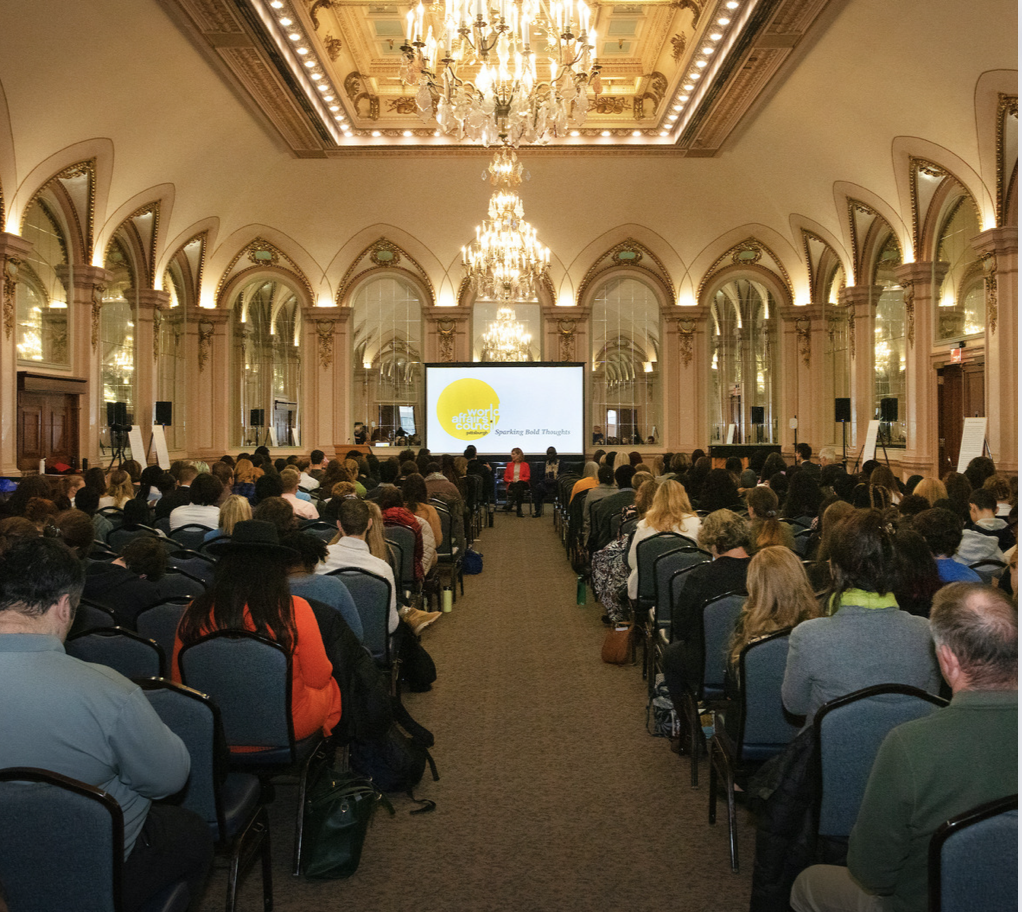Global Focus Areas
The Council works to create and execute diverse, bold, and engaging programming throughout the Western Pennsylvania region. Whether on a bike trail, university campus, or local theater, we work hard to ensure that meaningful, action-oriented global learning opportunities are at the heart of our work and that our programs reflect the great diversity of our world across generations.
Our global focus areas include Global Migration, Women and Girls, and Climate Action, with the overarching themes of truth and compassion.

Global Migration
There are now 100 million forcibly displaced people around the world—more than at any time in history. At the same time, countries are closing their borders and anti-immigrant sentiment is spreading. This issue is especially relevant to the region – in this past year, Pittsburgh has experienced an increase in refugees from Afghanistan, Democratic Republic of the Congo, Ukraine, Colombia, Venezuela, and other countries, and more are expected to be resettled in the coming months.
What is fueling global migration? Why are people leaving their homes, where are they going, and what is their experience when they get there? How can we see these patterns here in Pittsburgh?

Women & Girls
Gender equality is a necessary foundation to an equitable and just world, yet there are still global challenges facing women’s health, safety, education, employment, and other basic human rights. Focusing on women also has a greater impact than just the individual. Because women typically invest a higher proportion of their earnings in their families and communities than men, lifting up one woman or girl means lifting up her entire community.
What women’s rights movements are happening globally? How is the experience of women and girls impacted by race and class?

Climate Action
The climate crisis is arguably our greatest global challenge and cuts across our other focus areas. Climate change causes extreme weather like droughts, hurricanes, and forest fires, leading to a growing number of climate refugees. Globally, women and girls can be more vulnerable to the impact of climate change because they are more likely to live in poverty and depend on threatened natural resources. Meanwhile, climate change denial and misinformation prevents meaningful action.
How can we work together to take action against climate change? What is the most effective balance of individual and collective action? What are policies affecting climate here in Pittsburgh?
Truth
Thanks to digital communication and social media, more information is available than ever – which also means more mis- and dis-information can spread rapidly. Audiences may not be aware of how to identify trustworthy sources and manipulated information, which leaves them even more vulnerable to not only sophisticated disinformation campaigns from authoritarian governments, but also everyday misinformation from friends on social media. This can lead to conspiracies and polarization that impacts our real-life interactions and democracies.
How can one set of objective facts lead to multiple individual truths? How can we better check our sources and cut through the noise?
Compassion
Behind broad issues are individual people who have their own stories and lives, and acting from a place of compassion allows us to engage with and understand them on a deeper level. Compassion also allows us to be more effective and less overwhelmed when facing what seems to be constant negative news. By prioritizing compassion, we are more able to connect with other people and stay energized in our work – and better able to build a globally minded and globally connected world that is equitable and just for all.
How can we cultivate compassion for ourselves and others in times of crisis? How can we connect and work together with people who are different from us? How can we maintain hope and stay motivated to work for a better world?


